Empirical research on the convergence of the drugs, development and peacebuilding policy fields.

Dynamic borderlands–The challenge of adapting to hardening borders in Nangarhar and Nimroz
This paper looks at local effects of recent changes in how the international boders of two Afghan provinces, Nangarhar and Nimroz, are governed.

Measuring progress towards SDG16 in Afghanistan: Ignoring the elephant in the room
Viewpoint published in the International Journal of Drug Policy. By Orzala Nemat and Adam Pain
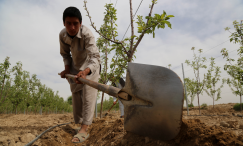
Explaining Afghanistan’s failed counter-narcotics policy and opportunities for policy engagement
Five reasons why counter-narcotics policy ambitions have failed in Afghanistan and reflections on what this means for those seeking to inform counter-narcotics policymaking and interventions.

Drugs and development in Afghanistan: national policy and actor analysis
An overview of counter-narcotic laws, policies and programmes in Afghanistan since 2001 and what it means for policy engagement today.

Journeys to borderlands always seem to lead to unexpected surprises
Jonathan Goodhand’s journey to a remote Afghan village, gave him a rare glimpse into the intricacies of borderland political struggles.
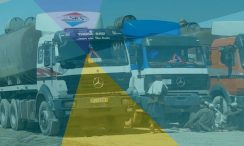
Catapults, pickups and tankers
This publication looks at cross-border production and trade in Nimroz, and how it shapes the political economy of this Afghanistan borderland province.
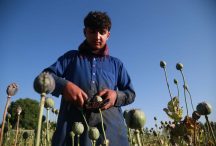
In the world’s forgotten borderlands, the drug trade helps people survive – but at a cost
Conventional thinking about illicit drugs, development and violence are deeply flawed, here’s why.

Drugs, development and violence in war-to-peace transitions
This policy brief shares insights from seven conflict- and drug-affected borderlands in Afghanistan, Colombia and Myanmar, and reflects on their implications for those supporting peace processes, poverty alleviation and development in fragile contexts affected by drugs.
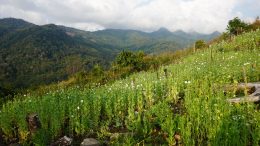
Voices from the borderlands 2020
Insights into how illicit drugs – and drug policies – impact the dynamics of violence and peace, poverty and development, and insecurity and resilience.

Jangul: conflict and drug trafficking in Afghanistan’s borderlands
This comic tells the story of Jangul’s from Nangarhar province in Afghanistan, and how he ended up smuggling heroin from Kabul to Moscow
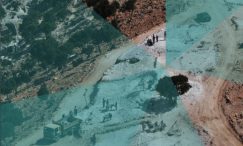
Mules, pick-ups and container traffic
This paper looks at the ‘chokepoint’ border crossings in Nangarhar province, Afghanistan – who controls the chokepoints, what commodities are transported through them, and what rules govern the amount of rent extraction.

Adapting Drugs & (dis)order to the COVID-19 pandemic
From home-working and research activities to altered politics. Here’s how we’re adapting to new circumstances.
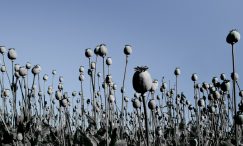
Literature review: Drugs and (dis)order in Afghanistan
A summary of key insights and debates from academic literature on the illicit economy in Afghanistan, from it’s origins to present day.
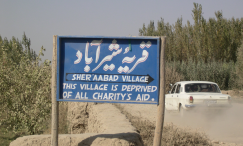
Mastering the art of living with radical uncertainty in Afghanistan
While the West struggles with the uncertainty of coronavirus, for Afghanistan it’s a way of life, and opium poppy cultivation is an important part.

Five reflections on Asia’s drug policies for the 2020s
Drugs are likely to play a bigger role in Asia, here’s why and what it means for the region’s drug policies.

Orzala Nemat on illicit drug economies in Afghanistan
Orzala Nemat, Director of the Afghanistan Research and Evaluation Unit, on building a new evidence base by talking to people in the borderlands of conflict and drug-affected states.

States, markets and violence in drug-affected borderlands
Experts share insights from fieldwork in the drug-affected borderlands of Afghanistan, Colombia and Myanmar at the SOAS Development Studies Seminar.
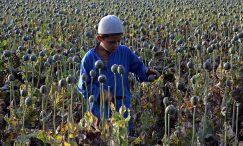
Peace, illicit drugs and the SDGs: A development gap
New counter-narcotic and peacebuilding strategies are needed to meet SDG16.
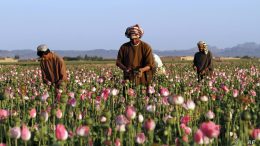
Illicit drugs and peace: why the borderlands matter
The borderlands lie at the country margins, but are central to processes that generate war and peace.
